For the Birds
“It was like Back to the Future,” Jonathan Meiburg, MA ’06, says. The Austin musician, writer, and ornithologist has a habit of doing this during the course of our conversation: taking a personal memory from touring Europe or studying birds in South America, and making a relatable connection. In this particular instance, Meiburg is referring to the crescendoing volume of his band, Shearwater, since its inception in 2001. The psychedelic folk band’s live shows have evolved into a baroque and incredibly loud musical experience. The crowds they play to have grown, but at a show last year in Paris, members of the audience exited the venue because the music was deafeningly loud.
“That was a moment of pride for me … a rock and roll milestone,” Meiburg says, before comparing it to the scene in the classic 1985 film in which Marty McFly propels himself across Doc Brown’s lab after blowing out the enormous speaker with one strum of his guitar.
Meiburg’s manner of speaking is a meandering amalgam of ornithological jargon, poetic musings on the state of the world, and perfect 1980s pop culture references. Born in Baltimore, Maryland and growing up in Raleigh, North Carolina, Meiburg, 37, spent most of his life in the southeastern portion of the country. That is, until after he graduated with a degree in English from the University of the South in Sewanee, Tennessee and received a Thomas J. Watson Fellowship, awarded annually to 40-60 recent college graduates. The only caveats are that the students design and complete a project themselves in a place they’ve never been, and they have to go alone. He chose the Falkland Islands, a remote archipelago off South America’s Patagonian coast, where he fell in love with birds after participating in a survey on the striated caracara. The bird of prey—”like a crow built on a falcon chassis,” according to Meiburg—kickstarted his career in ornithology.
“I was like, ‘what is this magical bird?'” Meiburg says. “When I came back to the U.S., I wanted to learn more about that, and not more about literature.”
From there, Meiburg moved to Austin and joined the band Okkervil River in 1999 on piano and organ while paying the bills with a temp job where he processed death certificates for credit card companies.
“It was terrible,” Meiburg says, of the stacks of death certificates piled in front of him every day. “But it pushed me back into the academic world.”
That, and some help from UT faculty. Around this time, UT geography professor Robin Doughty invited Meiburg to sit in on a PhD seminar. In love with the idea of more ornithological research, he enrolled in a two-year master’s program.
In 2001, Meiburg formed his own band, Shearwater, named after, of course, a type of bird. The psychedelic-tinged folk group built a small local following, eventually touring during Meiburg’s academic downtime. Tours with like-minded bands like Akron/Family and The Mountain Goats earned the band a national following. Six years after enrolling in the program, Meiburg was finally done, and ready to see the world, both as a musician and as an ornithologist.
“I turned in my thesis the same day we left for our first European tour,” Meiburg says. “I went from the Tower to the airport.”
Meiburg has split his post-collegiate time between creating music and exploring nature. Shearwater records, on average, an album a year in addition to a rigorous touring schedule. But his free time is spent backpacking through southeastern Utah or trudging through thick patches of Guyanese rainforest searching for red-tailed caracaras. The latter, a six-week excursion, was research for an upcoming book he’s writing on the transformation of the landscape and wildlife of South America as seen through the eyes of the bird of prey he grew enraptured with all those years prior. The two passions often intersect, though he’s had to tone one down in favor of the other at times.
“I learned after a while to stop pointing out birds to my bandmates,” Meiburg says. “It’s so hard to not yell ‘raven!’ at everybody.”
Shearwater’s 10th album, Jet Plane and Oxbow, comes out Jan. 22 on Sub Pop Records. With a noticeably less organic sound than earlier Shearwater releases, songs like “Quiet Americans” still reflect the folk songwriting leanings with which the band made its bones, but infused with a more bombastic, electronic sound.
“I wanted to make a record that was melodically simple but textually very complex,” Meiburg says. “My favorite art in general has worked [that way]. There’s not just one emotional trajectory; there’s many.”
And with the new sound, the old intimate, folksy Shearwater concert is also going the way of the Dodo. Meiburg has some interesting plans for the upcoming tour in support of Jet Plane and Oxbow.
“We’re working on a stage show, integrating some low-budget but awesome A/V stuff,” Meiburg excitedly says. “I ordered laser gloves from China; I’m gonna try to be a version of a performer that the 12-year-old version of me would have thought was awesome.”
The two hemispheres of Meiburg’s world meet at a concept called biophony, the collective sound non-human animals in an environment combine to make. For as much time as he’s spent creating his own sounds, he’s spent just as much just sitting, listening to the sounds that nature creates on its own.
“It’s so many different kinds of sounds at any given time, they all sort of fit in with one another. A tiny frog broadcasts on a frequency that can be heard. Cicadas are buzzing. It’s more complex and more beautiful than a symphony orchestra,” Meiburg says.
While Jet Plane and Oxbow is more a sonic cousin of the electronic music of the late-70s and early 80s—think David Bowie’s Scary Monsters—than what one would hear while dining at a Rainforest Cafe, it is no doubt a driving influence for the half-ornithologist, half-musician.
“It would take a lifetime to be able to achieve something as sophisticated as that in your music,” Meiburg says, “but it’s something to aim for.”
A rock and roll milestone, perhaps.
Photo by Sarah Cass.


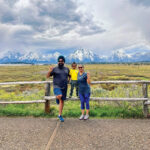
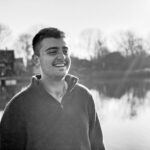

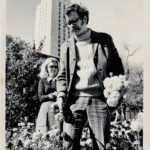
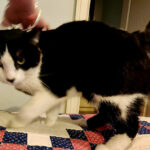
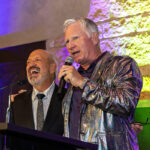
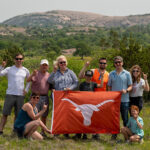
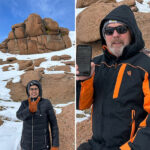

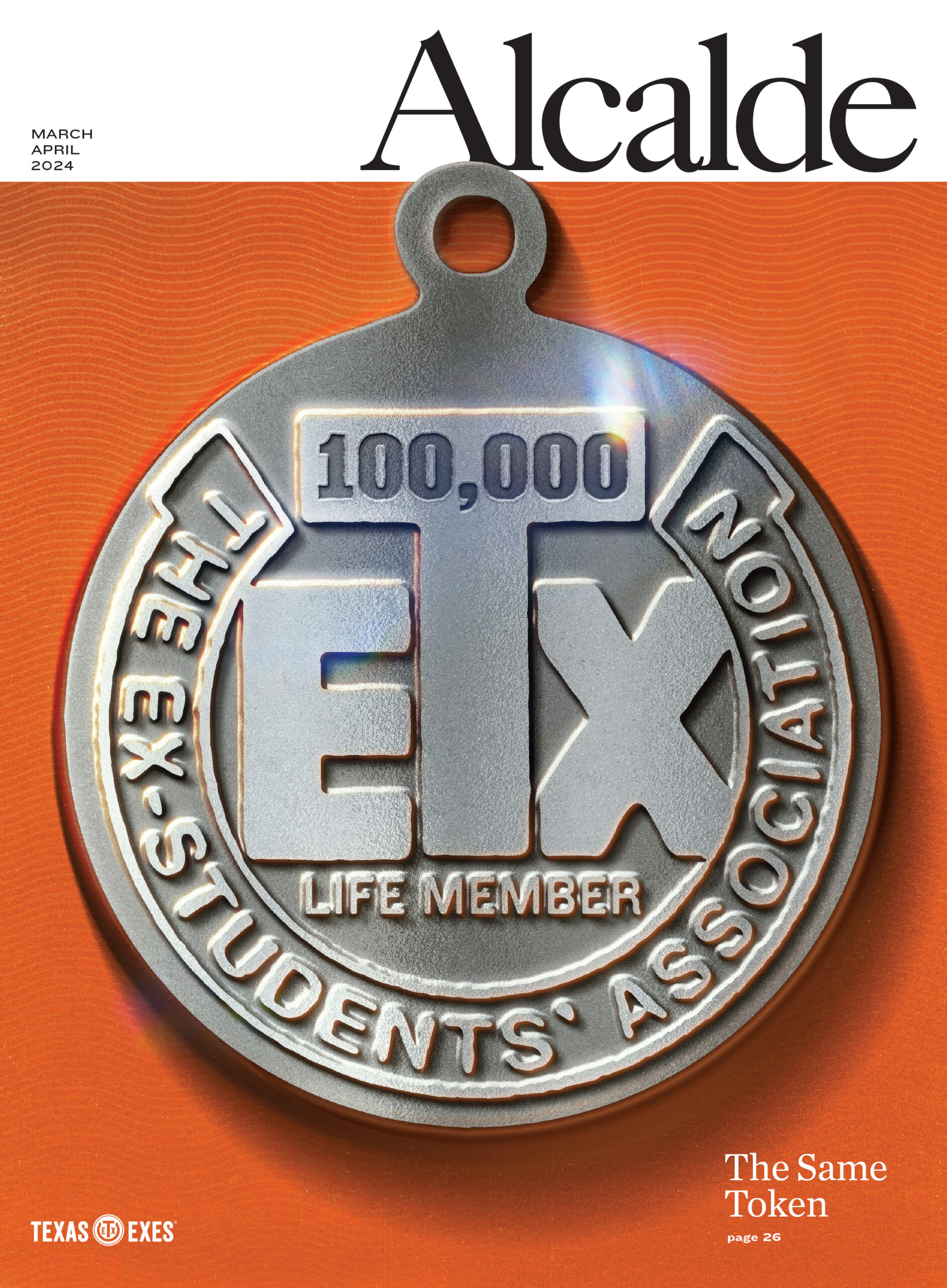






No comments
Be the first one to leave a comment.